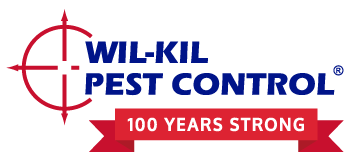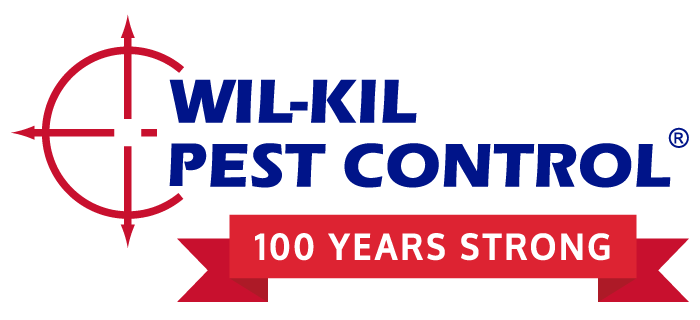Wisconsin’s food industry is constantly growing with new food and beverage processing plants and breweries popping up all over the state. Whether you are the manager of a 100 year old food processing plant, or are opening a brand new brewery, it is essential that you stay up to date on the current food processing pest management guidelines.
In 2011, the FDA Food Safety Modernization Act (FSMA) was passed, which placed a greater emphasis on the proactive prevention of pests in food processing, rather than the reactive response to contamination in the past. This change is now in line with Integrated Pest Management (IPM) philosophies, where the goal is to keep pests outside rather than eliminate them once they are inside. It is essential that managers of food processing companies be aware of how they can take preventative measures to protect themselves from pest invasions.
Get A Free Quote
Inspection
The first step in protecting your facility, whether you have seen pests or not, is inspection. Places that should be most carefully looked at are areas that pests will likely find food. For example, this could be receiving docks, employee break rooms, or places where there have been spills recently. It is also important to check potential entry points, food and water sources, and harborage zones (cardboard boxes, storage closets, and other places pests can hide or reproduce).
The standard frequency for inspection should be at least once per week – and even more if you have a history with a certain pest. Where your pest management professional can be part of this process, it is important that employees take an active role in inspection as well. Employees are on your property and in your facility day in and day out, so may be more likely to spot an issue early on.
Preventative Action
Following inspection, you should make sure that any of the potential entry points listed above have been closed off. This typically involves structural maintenance of your facility and is one of the most effective ways you can control pests.
Similarly, sanitation is a simple, yet essential step that must be taken. By keeping production and storage areas clean, dry and orderly, you can help eliminate food and water sources. Your pest management technician should also note any pest-conducive conditions when they visit your facility.
Monitoring/Documentation
It is important that you document each part of the process when it comes to inspection and prevention. Likewise, you will want to keep a close eye on your facility and make any procedural changes to help eliminate pest populations. While pest management companies will probably only come on a weekly basis, you will want your staff to have their eyes and ears out daily for any new sightings, and to be following sanitation regulations.
Contact an IPM Professional
The food processing industry has high standards when it comes to pest management; more importantly, so do your customers. That means providing your customers with safe, untainted products. One infestation or a poor audit score may drive customers away for good, no matter how well the food is produced or packaged. Wil-Kil Pest Control understands this, and has developed an IPM program designed specifically for the highly regulated food industry – FoodGuard™.
Our FoodGuard™ program will:
- Minimize your concerns related to pests and the problems they cause
- Provide your facilities with a sophisticated pest management program
- Contribute to the success of your environmental initiatives through a true IPM program
- Support your goals to be competitive and profitable with a pest-free environment
- Protect your reputation and brand
Contact us today to learn more.

